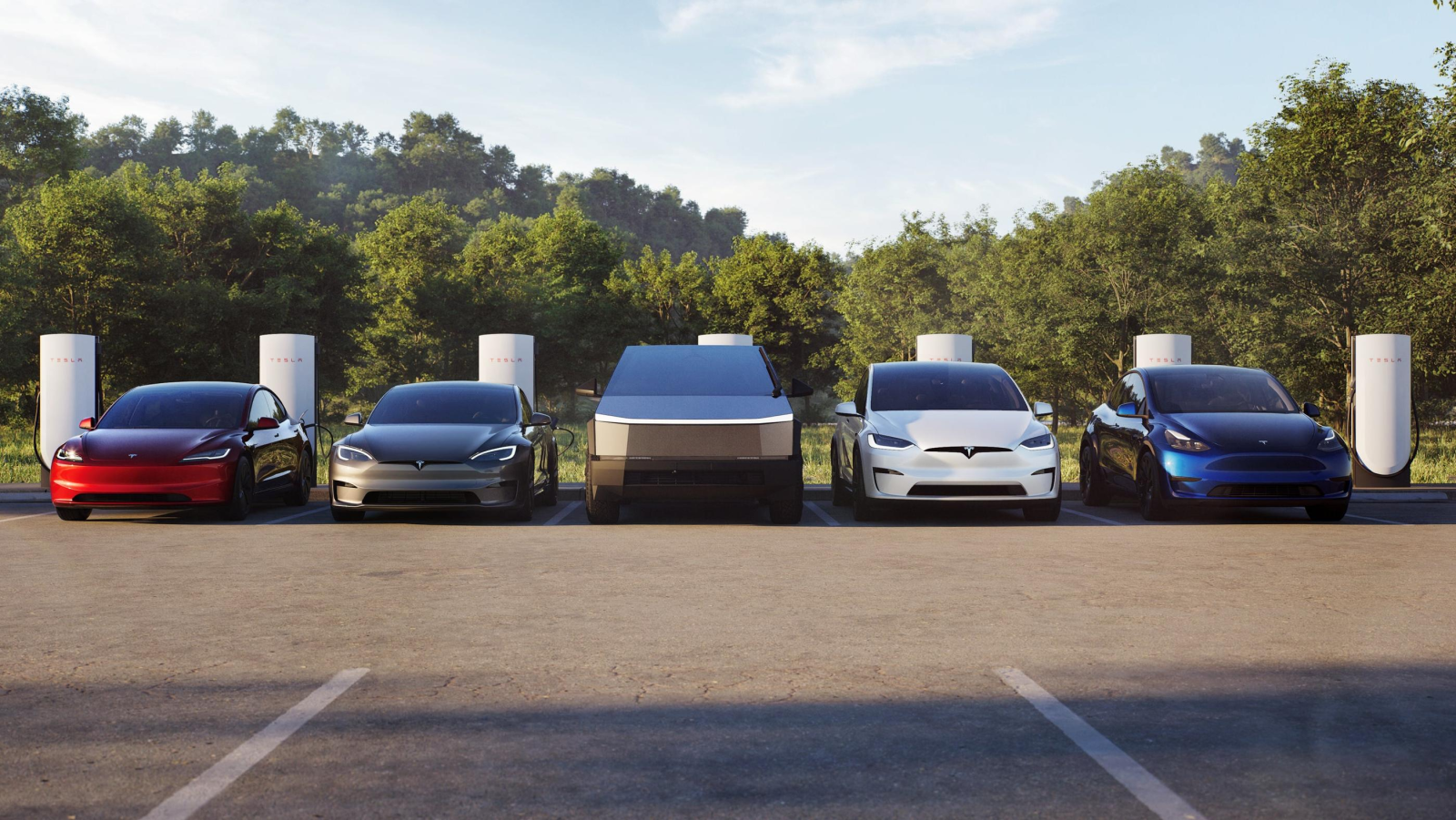Tesla's 'Brand-New Cars Not Drivable' Because Of Failing Self-Driving Chips
The new chips were meant to pave the way for a wider rollout of better self-driving Teslas, but instead they’re failing after just a few hundred miles
Tesla rolled out new hardware in its cars this year that was meant to usher in a new age for its Autopilot and Full Self-Driving systems. Well, as it turns out, the new computer chips that were supposed to support this prosperous period of autonomy have a flaw, which means many are failing after just a few hundred miles on the road.
Tesla rolled out a new computer chip earlier this year that it called HW4. When it launched, Tesla claimed the new chip would finally provide the hardware required to support real full-self driving, but after just a few months on the road it's already going wrong, reports Electrek.
Cars equipped with the new chips are reportedly losing the ability to operate Autopilot, FSD and even normal features like GPS and navigation, as the site reports:
Tesla drivers are reporting computer failures after driving off with their brand-new cars over just the first few tens to hundreds of miles. Wide-ranging features powered by the computer, like active safety features, cameras, and even GPS, navigation, and range estimations, fail to work.
Insider sources told Electrek that the problem is quite wide-ranging. It affects vehicles built over the last few months with the new computer.
The chips controlling these features are reportedly short-circuiting during a process to calibrate the rear-view cameras on some Tesla cars, Electrek adds. A possible cause for the short-circuiting is thought to be the low-voltage battery that supplies power to internal systems such as infotainment.
Despite the site claiming that it's received "several reports" from new Tesla owners about the issue, the American automaker has so far not commented on the problem. In fact, Futurism reports that it could even be downplaying the defect:
From the outside, the breadth of the issue is difficult to gauge. But two of the anonymous insiders said that Tesla is "currently receiving a high number of complaints about this issue," though the automaker is yet to release a service bulletin.
Another source alleges that Tesla service has been instructed to "play down any safety concerns related to this problem to avoid people believing their brand-new cars are not drivable." This is a serious claim to make, but the automaker has a history of misrepresenting its own capabilities and obfuscating crash reports that would be damaging to its image.
If the issue is found to be related to the backup cameras fitted to some Tesla cars, this kind of issue would usually lead to a recall issued by the National Highway Traffic Safety Administration. That's because a broken rear-view camera violates federal safety regulations, adds Futurism.
So far, no such order has been given and no fix for the problem has been shared by Tesla. This could be because a simple software fix issued over the air will patch the problem being faced by Tesla owners.
Electrek doesn't seem so sure that this will work, though, and has even suggested that a "total computer replacement" could be required to rectify the issue. If this happens and a recall is issued, Tesla could cement its place at the top of the list for the most recalled automakers in 2024.
